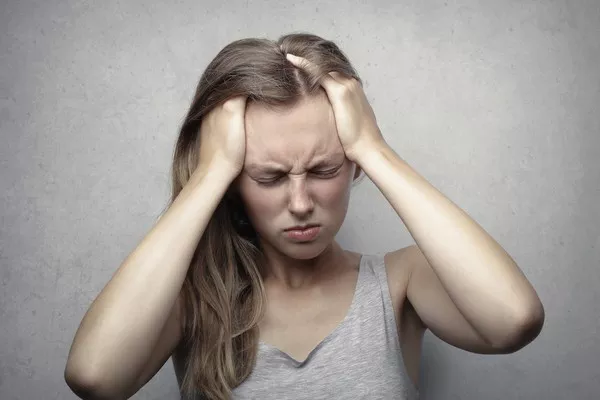Social phobia, also known as social anxiety disorder, is a common mental health condition characterized by an intense fear of social situations. According to the Anxiety and Depression Association of America (ADAA), social phobia affects approximately 15 million adults in the United States alone.
- The most common type of social phobia is fear of public speaking.
This fear can be so intense that it interferes with a person’s ability to perform in school, at work, or in social situations. Other common fears associated with social phobia include fear of being judged or criticized, fear of embarrassing oneself in front of others, and fear of interacting with authority figures.
- Social phobia can be triggered by a variety of situations, such as meeting new people, attending parties or social events, speaking up in a group, or being the center of attention.
Symptoms of social phobia may include sweating, trembling, nausea, rapid heartbeat, and difficulty breathing. These symptoms can be so severe that they can lead to panic attacks, avoidance behavior, and a decreased quality of life.
- Fortunately, social phobia is a treatable condition.
Treatment may include cognitive-behavioral therapy, medication, or a combination of both. Cognitive-behavioral therapy involves learning to identify and challenge negative thought patterns that contribute to social phobia. Medications such as selective serotonin reuptake inhibitors (SSRIs) may also be used to reduce anxiety symptoms.
If you think you may have social phobia, it’s important to seek help from a mental health professional. With the right treatment, social phobia can be managed effectively, allowing you to live a more fulfilling and enjoyable life.




























